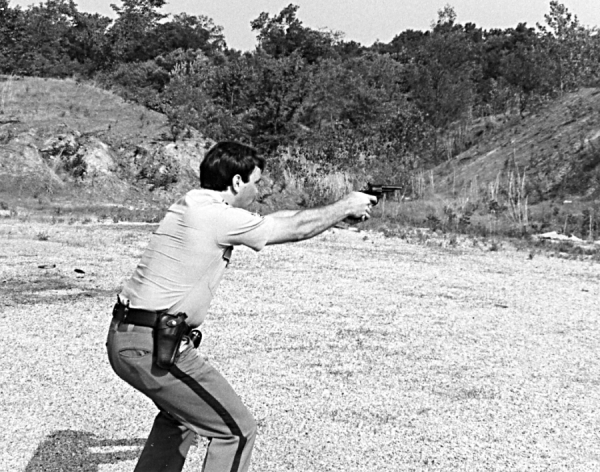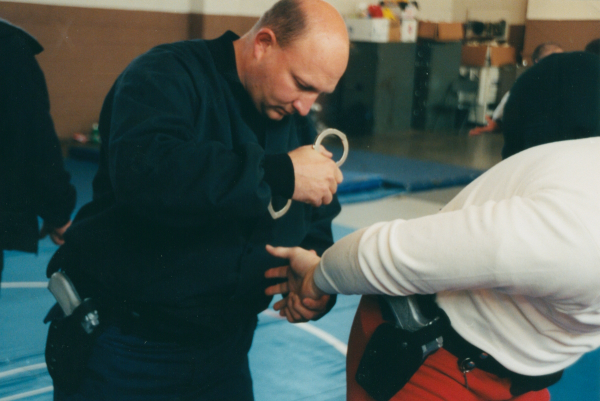
It’s become apparent that at least one subscriber thinks this is a “gun review page.” The service, when I pitched it to the publisher in Memphis, Tenn. In 2008 was “a news service like the Outdoor and Shooting Wires, but geared more to police, military, private security contractors and armed citizens.” That means that the Tactical Wire is about industry news – some of which is products – along with a ‘software component’ (responsibly and morally using the products) and, sadly, some public policy offerings, when the news calls for it.
Considering that and looking at the current unpleasantness, people have been asking me about the #defundthepolice claptrap – endorsed at the outset by a range of pols, then walked back to “police reform” with an emphasis on federal responses to local issues.
What follows amounts to the thoughts of an old man, a long time out of the uniform but with a sharp memory of the service. I’ve recently spoken with a few active members of service and some retirees. So I make humble recommendations based on my understanding of the composition of social order in the United States. It’s informed by the Constitution and the founding.
You want real reform from the federal level? Well, okay, but keep federalism in mind. After considerable cogitation, here are a few things that I could consider if I were in a position to do anything about it.
1. The national police misconduct database, meant to flag police officers who are conflicted or unsuited, could have merit. This would prevent a maladjusted thug with anger management issues from re-entering law enforcement in another state, bypassing what should have been an adequate background check in the first place.
2. The Supreme Court of the United States has ruled on police uses of force in federal civil rights lawsuits and has laid down the Constitutional standard on police uses of force. Unfortunately, far too few officers have a grasp of this standard and can’t articulate it. It’s not from lack of trying; one of the best police training videos of the 1990s discussed this topic in exquisite detail – and it’s from Minnesota. Looks like someone didn’t get the word. If I were ‘king,’ I’d make one a federal mandate, but I’d fund it, block granted through USDOJ. The objective is ensuring that every peace officer in the country checked out on the federal standard on use of force with annual case law updates. The case law on ‘qualified immunity’ has been undergoing considerable scrutiny in the trial and appellate federal courts. It’s time the troops got a grasp of it – and the administrators should have to test on it too.

3. Mandating training in medical post care after uses of force – the best model I know of is the Kansas City model. Officers would maintain a knowledge of medical implications, subject care and handling as well as ensuring it was agency policy. I’d operate this the same way as training in the Constitutional standard – block granting it to state academies to pass along at in-service.
4. I think the feds could also authorize an examination of local application of background checks and psychological exams. Apparently we’re getting some problematic types recruited and retained.
This clearly wouldn’t have stopped the situation in Minneapolis. Nor do I think federalizing state & local law enforcement is a good idea. We’ve seen what the federal Department of Education has meant for local school systems over the past forty years – and it’s not good.
I also think it’s time to look at some other criminal justice issues. The absolute immunity of a prosecutor from lawsuit has been proven to be problematic from time to time. There’s also the problem of recruiting and retaining talented help; that’s only going to get worse.
If you’re going to keep a policing system like we have, it could use some help – perhaps, as Chuck Haggard says, a “hard reset.” These suggestions are something defensible in the likely litigation that will follow any major change and would preserve the limited nature of federal government while trying to ensure that state and local governments field operators who support, defend and obey the Constitution.
-- Rich Grassi